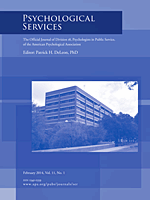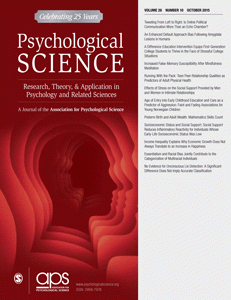A paper suggesting that exposure to sunlight might help prevent hip fractures in the elderly has been retracted, due to duplication and “concerns about the underlying data.”
An expression of concern that appeared last July flagged the 2005 paper as containing text that matched another paper with the same first author that was published in 2011. According to the publisher, that duplicated text sparked a closer look at the text, which raised concerns about the scientific integrity of the paper.
The retraction note, published by the Journal of Bone and Mineral Research, says that the first author was responsible for the content of the paper: Continue reading Osteoporosis paper felled by concerns with “scientific integrity”
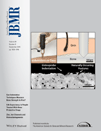
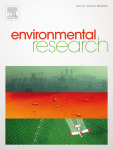
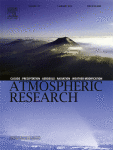 This version of Hurricane Isaac —
This version of Hurricane Isaac — 

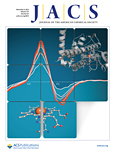 The authors of a paper on a mechanism for potential cancer therapies are retracting it after realizing they published some proprietary findings “without permission and agreement from St. Jude Children’s Research Hospital.”
The authors of a paper on a mechanism for potential cancer therapies are retracting it after realizing they published some proprietary findings “without permission and agreement from St. Jude Children’s Research Hospital.”

